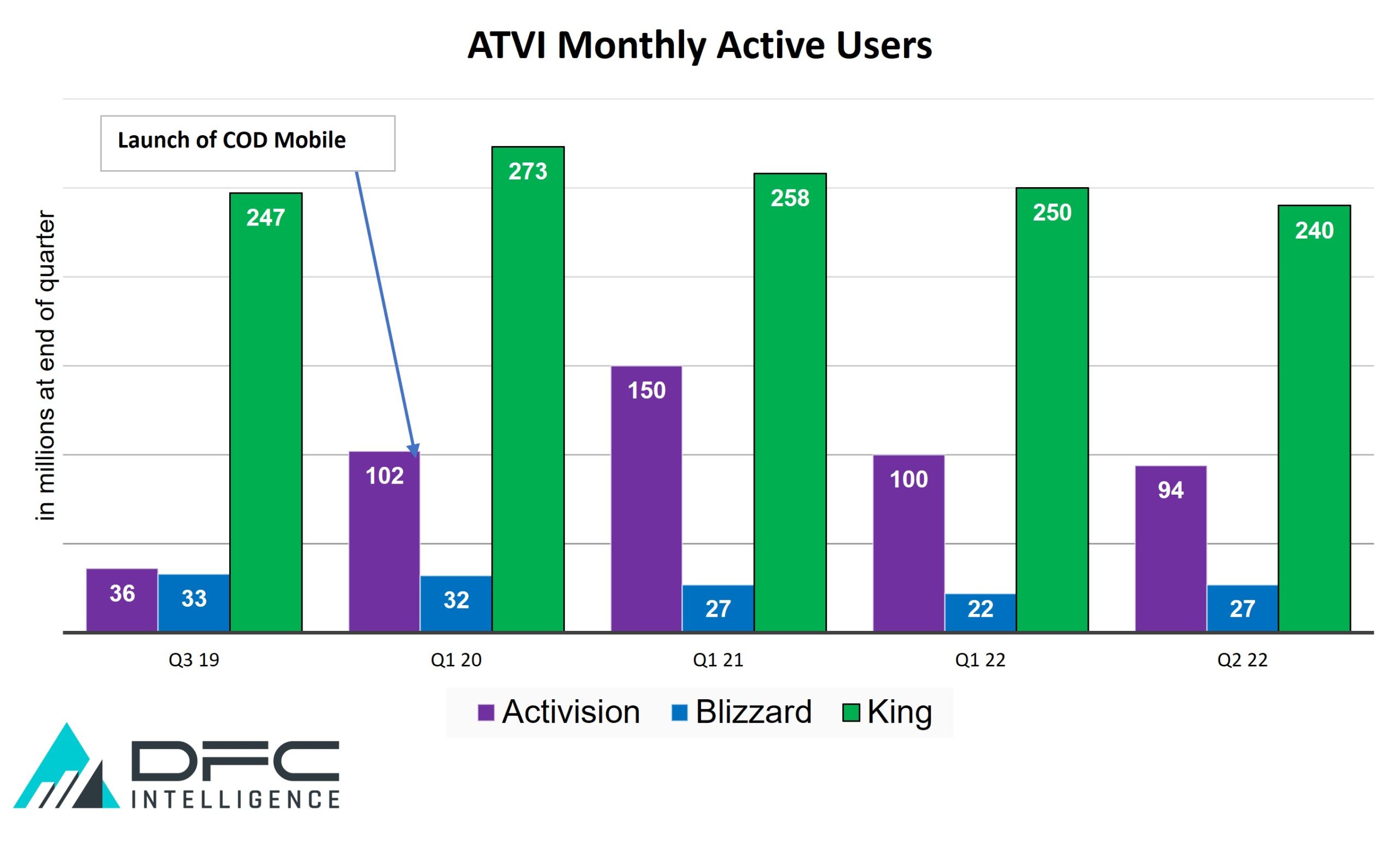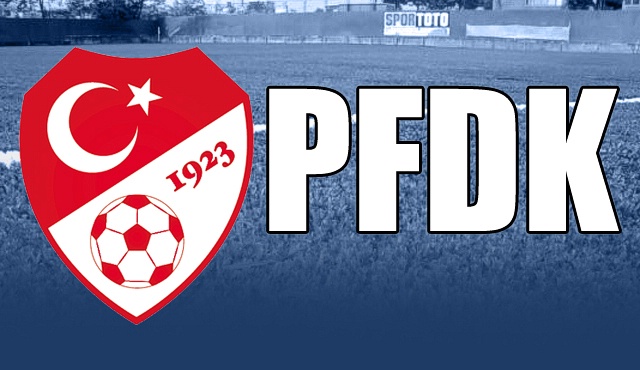Appeal Filed: FTC Challenges Court Ruling On Microsoft-Activision Acquisition

Table of Contents
The FTC's Initial Case Against the Merger
The FTC's initial lawsuit against the Microsoft-Activision merger centered on concerns about anti-competitive practices. The agency argued that the acquisition would give Microsoft undue market power, harming competition and ultimately consumers. Their case rested on several key pillars:
-
Concerns about Microsoft's dominance in the gaming market: The FTC highlighted Microsoft's already significant presence in the gaming console market with its Xbox platform, arguing that acquiring Activision Blizzard would further consolidate its power. This dominance, they argued, could stifle innovation and limit consumer choice.
-
Potential for Microsoft to make Activision Blizzard games exclusive to Xbox, harming competition: A central concern was the possibility of Microsoft making popular Activision Blizzard titles, like Call of Duty, exclusive to its Xbox console and Game Pass subscription service. This, the FTC argued, would significantly disadvantage competitors like Sony's PlayStation and Nintendo's Switch, potentially driving players towards the Xbox ecosystem.
-
Impact on consumers regarding game prices and availability: The FTC contended that reduced competition could lead to higher prices for games and reduced availability, ultimately harming consumers. The potential for bundling Activision Blizzard games exclusively with Xbox subscriptions also raised concerns about consumer choice and market fairness.
-
Call of Duty as a key example: The immensely popular Call of Duty franchise served as a prime example in the FTC's argument. The agency expressed concern that making Call of Duty exclusive to Xbox would severely damage competitors and limit consumer choice.
The Court Ruling and the FTC's Appeal
The US District Court ultimately rejected the FTC's request for a preliminary injunction to block the merger. The judge's decision emphasized a lack of sufficient evidence to demonstrate that the merger would likely result in substantial anti-competitive effects. However, the FTC didn't back down. They filed an appeal, arguing that the court misinterpreted crucial evidence and failed to adequately consider the potential harm to competition.
-
Key points from the judge's decision: The judge focused on the lack of clear evidence showing Microsoft's intention or ability to make key Activision Blizzard titles exclusive. The court also considered Microsoft's commitments to continue making Call of Duty available on other platforms.
-
The FTC's reasons for filing an appeal: The FTC believes the court's decision was flawed and that the potential for anti-competitive behavior was not fully assessed. They argue that the evidence presented strongly suggests a substantial risk to competition.
-
Specific legal arguments used in the appeal: The appeal likely centers on challenging the court's interpretation of evidence regarding Microsoft's intentions and capabilities concerning exclusivity and market dominance. The FTC will likely emphasize the long-term risks to competition, even if immediate harm isn't readily apparent.
-
The appeal court where the case is currently being heard: The appeal is being heard by a higher court, where the FTC will attempt to overturn the lower court's decision.
Potential Outcomes and Implications
The appeal's outcome could significantly impact the gaming industry and the broader tech sector. Several potential scenarios exist:
-
The appeal being upheld, blocking the merger: This would represent a major victory for the FTC and set a strong precedent for future antitrust actions against large tech mergers. It could also reshape the gaming industry's competitive landscape.
-
The appeal being rejected, allowing the merger to proceed: This would be a win for Microsoft and Activision Blizzard, but could face significant backlash and potentially trigger further regulatory scrutiny of future acquisitions in the tech sector.
-
Potential compromises or modifications: A possible outcome could involve Microsoft agreeing to certain concessions, such as extended commitments to keep specific games available on competing platforms, to satisfy regulatory concerns and allow the merger to proceed.
-
Impact on the gaming industry if the merger is blocked: The gaming industry would continue its current competitive structure, with Microsoft, Sony, and Nintendo vying for market share. However, it could also impact future deal making within the sector.
-
Impact on the gaming industry if the merger is allowed to proceed: Microsoft would gain significant market power in the gaming industry, potentially shifting the balance of power and influencing game development, pricing, and distribution.
-
Implications for future mergers and acquisitions in the tech sector: The outcome of this appeal will set a crucial precedent for future regulatory reviews of major tech mergers, influencing how regulators approach the balance between promoting innovation and maintaining competition.
The Broader Context of Tech Mergers and Antitrust Regulation
The Microsoft-Activision case highlights the growing scrutiny of large tech mergers and the evolving role of antitrust regulators in the digital age. Regulators face increasing challenges in policing mergers in rapidly evolving sectors.
-
Examples of other recent major tech mergers and acquisitions: The FTC challenges Microsoft-Activision ruling comes amidst a wave of significant mergers and acquisitions in the tech industry, illustrating the ongoing need for robust antitrust regulation.
-
The increasing importance of antitrust regulation in the digital age: The digital economy's unique dynamics necessitate a nuanced approach to antitrust enforcement, recognizing the potential for rapid market shifts and the influence of network effects.
-
Challenges faced by regulators in policing mergers in rapidly evolving tech sectors: Regulators struggle to keep pace with the rapid technological advancements and innovative business models prevalent in the tech industry, making it difficult to accurately assess the long-term competitive implications of mergers.
Conclusion
The FTC's appeal against the court ruling on the Microsoft-Activision merger represents a crucial moment in the ongoing debate around antitrust regulation and the future of the gaming industry. The outcome will significantly impact not only the fate of this particular deal but also set a precedent for future mergers in the tech sector. The case highlights the complexities of balancing innovation with the need to protect competition.
Call to Action: Stay tuned for updates on this developing legal battle. Follow us for the latest news and analysis on the FTC challenges Microsoft-Activision ruling and its impact on the gaming world. Understanding the nuances of this FTC Challenges Microsoft-Activision Ruling is vital for anyone invested in the future of the gaming industry.

Featured Posts
-
 Macaristan Da Haciosmanoglu Ziyaretin Oenemi Ve Etkileri
May 06, 2025
Macaristan Da Haciosmanoglu Ziyaretin Oenemi Ve Etkileri
May 06, 2025 -
 Mickey 17 Premiere Robert Pattinsons Unexpected Diaper Changing Revelation
May 06, 2025
Mickey 17 Premiere Robert Pattinsons Unexpected Diaper Changing Revelation
May 06, 2025 -
 Rihannas Winter Fashion Spotted Dining In Santa Monica
May 06, 2025
Rihannas Winter Fashion Spotted Dining In Santa Monica
May 06, 2025 -
 Budget Friendly Shopping Guide Quality Products At Affordable Prices
May 06, 2025
Budget Friendly Shopping Guide Quality Products At Affordable Prices
May 06, 2025 -
 Confirmed Celebrities Attending The 2025 Met Gala Whos Going
May 06, 2025
Confirmed Celebrities Attending The 2025 Met Gala Whos Going
May 06, 2025
